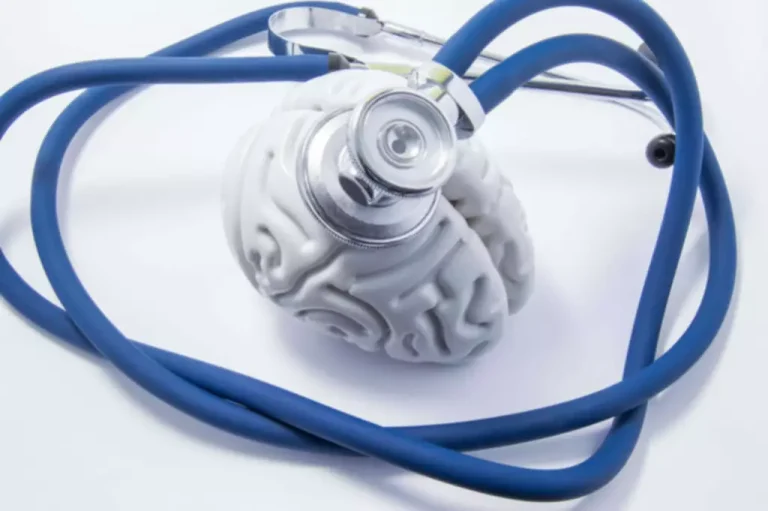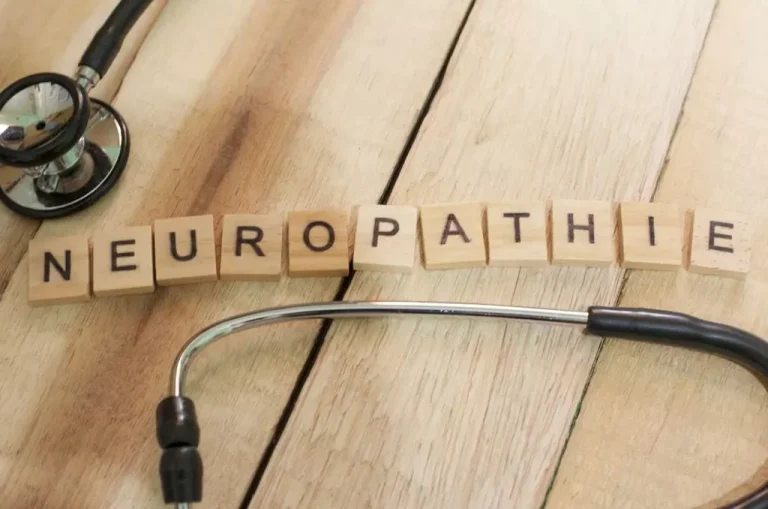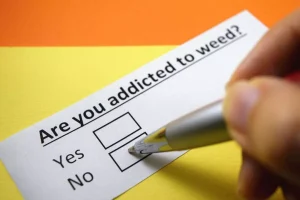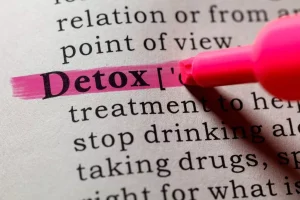
Developing important emotional skills is crucial to avoiding drugs and alcohol, but these skills are also incredibly helpful in maintaining healthy relationships. An individual who has been in recovery for a year or more can use these learned skills to approach new relationships with objective thinking and healthy communication. The emotional highs of a romantic relationship can mimic how your brain feels on drugs or alcohol. When challenges arise in a personal relationship, it’s essential to handle them without relapsing into old habits. Your first year of recovery should focus on your health and well-being. Another one of the most important ways to support recovery is to understand that multiple relapses over a number of years are typically part of the process.

Working on your relationship with your children
- And perhaps that is the easiest and most simple definition of self-esteem.
- Tranquil Shores is a safe space for you to connect with your loved ones, as well as with other recovering addicts.
- Addiction treatment is just a part of the wider recovery process, which entails (re)learning how to live a good life.
- There are a few hard-to-swallow pills that you’ll simply have to take.
Even if you are a grown adult (and were one when you developed an addiction), odds are that your parents feel responsible for you. They probably blame themselves and the way they raised you for your addiction. This is often masked as anger and disappointment or goes hand in hand with them. Try to think back to how many promises you were unable to keep during your time as an addict.
Dating With a Healthier Mindset
- It’s crucial to handle each relationship type with care and consideration, as they play a significant role in the ongoing recovery journey.
- Sometimes, it’s a codependent partner who refuses to go into marijuana detox Florida and is instead asking you to smoke with them.
- It may sound a bit mundane, but trust us, it’s like the scaffolding that holds up a skyscraper.
- At Silvermist Recovery Center, you can experience one on one care and a customized treatment plan.
Gaining the skills to avoid relapse is a necessary part of the recovery process. At least equally necessary is developing in a positive direction out of the addiction. The key is cultivating new goals and taking measures to move towards them. The motivational force of new goals eventually helps rewire the brain so that it has alternatives to the drive for drugs. It’s hard to leave addiction behind without constructing a desirable future. The best way to handle a relapse is to take quick action to seek help, whether it’s intensifying support from family, friends, and peers or entering a treatment program.
Active SUD vs. relationships in recovery

Sometimes the people closest to a person struggling with substance use disorder are impacted the most, making it difficult to rebuild trust in recovery, even if you’ve completed a treatment program. Though it takes time, you can rebuild trust in recovery if you take the appropriate steps toward becoming a reliable and stable friend or family member. Research has shown that support romantic relationships in recovery systems make a big difference in successful recovery from addiction. Loved ones represent positive peer pressure and inspiration to leave substance abuse behind. They also provide emotional support during hard times and can be the difference between maintaining sobriety and relapsing. Having people to turn to when you’re struggling is crucial for long-term recovery from addiction.

Especially if they are someone whom you don’t see in person as often, make sure you keep up contact with them regularly after your initial meeting. In addition, self-care is a vital foundation for a healthy new identity. At the very least, self-care should include sleep hygiene, good nutrition, and physical activity. Sleep is essential for shoring up impulse control and fostering good decision-making.

Rebuilding Relationships in Recovery: Repair What’s Broken By Addiction
Another vital element of care during recovery is relapse prevention—learning specific strategies for dealing with cravings, stress, setbacks, difficult situations, and other predictable challenges. Addiction https://ecosoberhouse.com/ doesn’t just affect individuals; addiction is a family affliction. The uncertainty of a person’s behavior tests family bonds, creates considerable shame, and give rise to great amounts of anxiety.
This involves setting boundaries, being honest, and practicing open communication. This new normal helps maintain sobriety and leads to a fulfilling life by making lifestyle changes, engaging in new activities, and surrounding oneself with supportive individuals. Recovery is a lifelong journey; a new routine can replace uncertainty and fear with stability and security. Research approximates that it takes days for an individual to form new habits and integrate them into their regular routines. During the first two months of sobriety, newly implemented activities may become instinctive and familiar, providing a solid foundation for recovery.

- With dedication, expert guidance, and practical approaches, it’s possible to overcome unhealthy habits, repair any harm, and rebuild the crucial building blocks of your relationships.
- If illegal substances are involved, addicts may also hide their condition in order to avoid getting their loved ones into legal trouble.
- In addition, there are nonprofit organizations such as American in Recovery and the National HIRE Network that specifically help those with addiction or criminal history to find work.
- Early in recovery, people may hide or bury their emotions to protect themselves from being hurt or become infatuated with another person and romanticize a relationship without healthy discernment.
